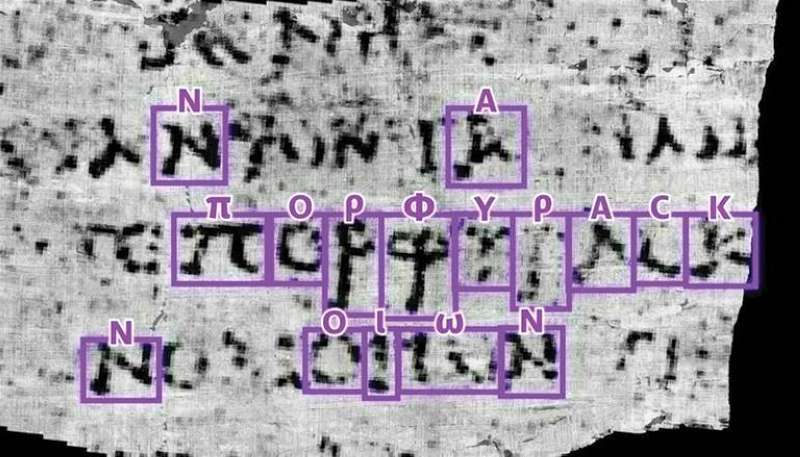16/10/2023
16/10/2023

KUWAIT CITY, Oct 16: A young American student from the University of Nebraska achieved a significant milestone despite his tender age by successfully deciphering a 2000-year-old manuscript using artificial intelligence. This feat earned him a prize of $40,000.
The Al-Rai daily, has learned the student managed to decode and interpret over 10 letters within a 4 square centimeter area.
The accomplishment of 21-year-old university student Luke Varator was spotlighted by the American magazine "People." Varator secured the first prize in the "Vesuvius Challenge," a competition focused on using modern technology to unveil the secrets hidden within historical papyrus manuscripts.
The challenge, named "Vesuvius," alludes to the origin of the ancient, rolled-up papyrus, which hails from a library in the Roman city of Herculaneum. This city and its contents were petrified due to the eruption of Mount Vesuvius in 79 AD, resulting in the papyrus becoming brittle carbon.
During a press conference, the official challenge committee announced that the computer science student clinched the "First Letters" award, amounting to $40,000, for successfully decoding and comprehending more than 10 letters within a 4 square centimeter area.


